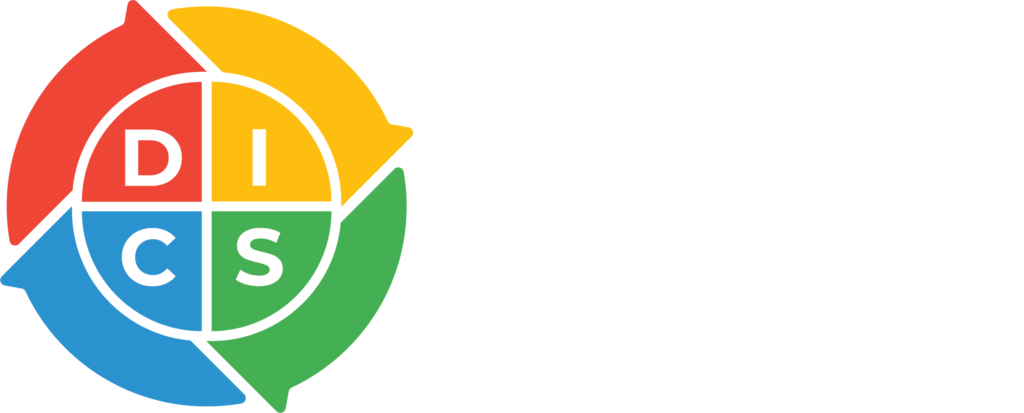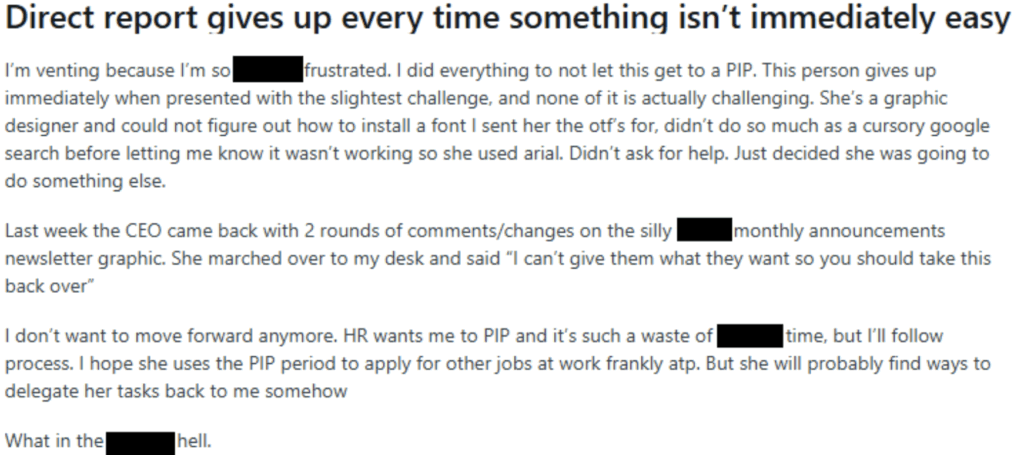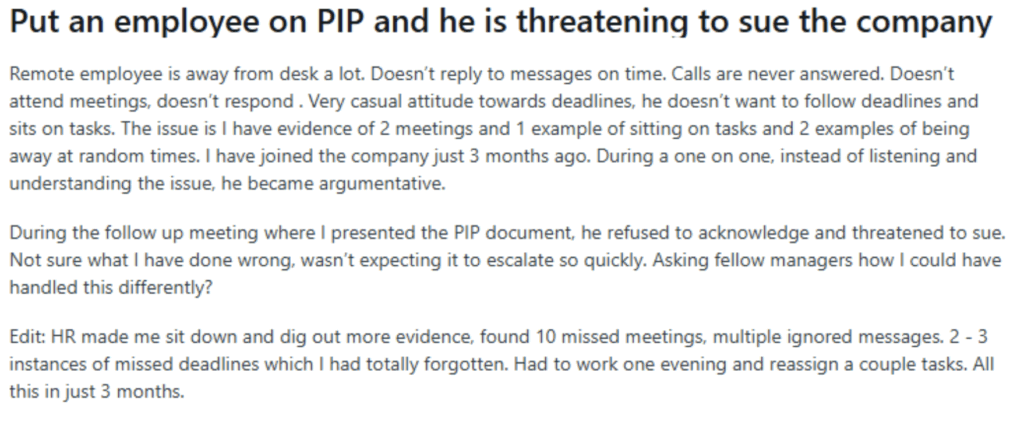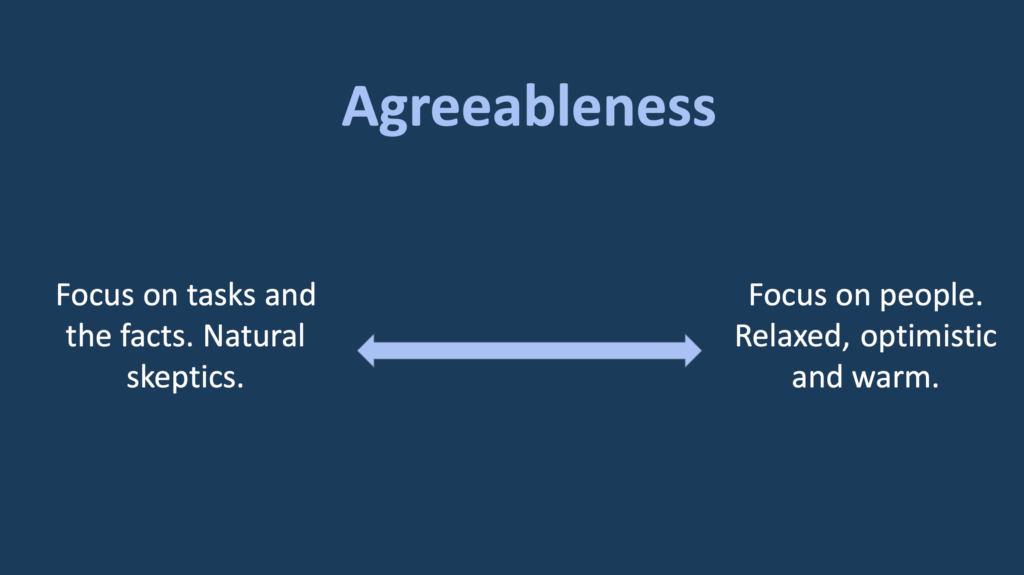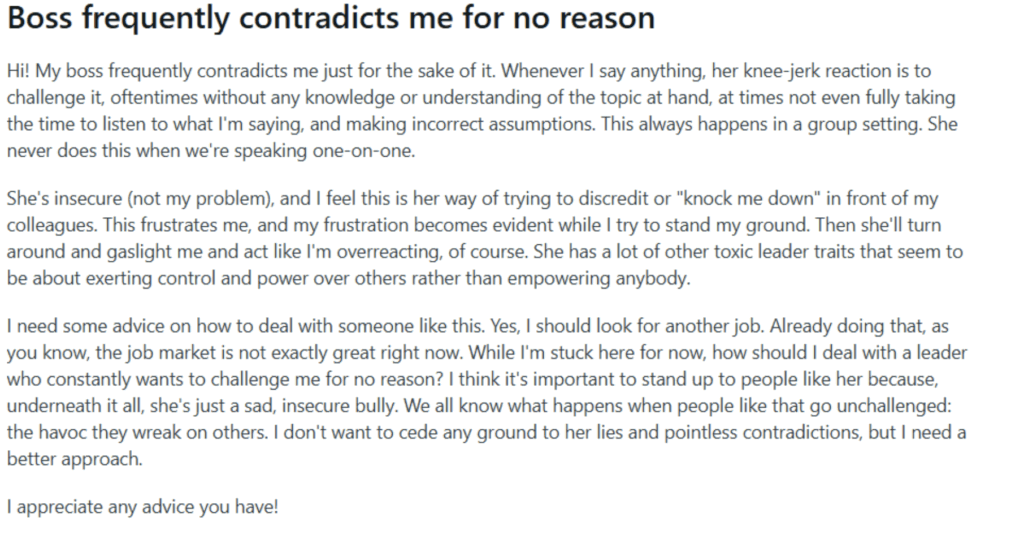Why doesn’t my boss understand me?
Adam Stamm
Managing Partner: Online DISC Profile
Reddit is a great platform to get advice from locals, read opinions about your favorite TV shows, and discuss various hobbies.
It can also be a place to vent anonymously about your boss.
There are (perhaps unsurprisingly) many subreddits dedicated to the workplace. We explored a few of these communities to find instances where either employees or managers are complaining.
The posts we found provided valuable insights into everyday problems we often hear about.
We invited industrial/organizational psychologist Jeannie Bril, who specializes in team development, to analyze these posts and to reveal what either party could have done more positively in the situation. Additionally, we have assessed how DISC could have been applied to help the relationship thrive and not end up as a post on Reddit.
Summary: This post features a burnt-out employee discussing their manager’s favoritism and the lack of praise or appreciation at work.
A clear issue prevalent in this workplace is the overwork of employees, which managers seem to overlook.
Gallup reports that 27% of employees across the US feel burned out, regardless of industry, so it is a real problem.
The employee in this scenario is looking for more recognition, praise, and enthusiasm, which is one of the primary drivers of the I-type personality.
They would benefit from asking their manager to take a free DISC assessment test with them, to understand each other’s behaviours better, working styles, and their personal needs in the workplace.
Jeannie adds that this employee’s feeling of exhaustion is completely valid: “When employees perceive an unfair workload or recognition, a bias in decision making, or a disrespect or lack of empathy, it creates feelings of resentment, distrust, and powerlessness.
“Research shows that favoritism is one of the fastest ways to destroy trust and morale, especially when it’s not transparent or merit-based. These aren’t just annoyances, they’re strong psychological stressors that can directly affect motivation, satisfaction and even physical health.”
Summary: This post describes a person tired of their toxic job due to team members devolving from kind and smiling to seemingly bitter and toxic.
From a DISC perspective, as this employee prefers to work in harmony, they are likely an I-Type personality, or S-Type.
It would be worth calling out the toxic behavior to the team leader or manager. If there is not a swift turnover in staff, there soon might be, pointing towards a culture issue that could affect business performance, along with the toxic environment.
Jeannie notes that from a psychological point of view, when someone experiences a shift in team composition and culture, it can dramatically impact what is known as ‘psychological safety’, which is the sense that it’s safe to be yourself and collaborate openly.
She advises that the employee focuses on what they can influence: “Set small boundaries to protect your energy, even if it’s just scheduling short breaks or mentally distancing yourself from toxic conversations.
“Also, consider seeking out any allies or positive connections in your workplace, even if few, as these relationships can buffer stress and provide emotional support.”
“When employees perceive an unfair workload or recognition, a bias in decision making, or a disrespect or lack of empathy, it creates feelings of resentment, distrust, and powerlessness.”
-Jeannie Bril
r/managers
Summary: This post highlights a situation where the manager feels the employee is giving up on challenges they deem not to be difficult, and has decided not to move forward with the employment.
It would appear that there is a clear lack of communication between both parties, and there seems to be a conflicting approach to dealing with situations.
Jeannie notes that one of the key things that could have been done here would have been to dive into the underlying issues of why the employee seems to shut down when faced with seemingly minor challenges.
She says: “Research in motivation and behavior (like Self-Determination Theory) suggests that when people feel overwhelmed, under-skilled, or unsupported, they often disengage, not out of laziness, but as a psychological defense, which might look like giving up quickly, avoiding tasks, or handing them off.
“If she’s a graphic designer who struggled with installing a font, that’s not necessarily just a skills gap; it may reflect a lack of confidence, fear of failure, or even learned helplessness if she’s been micromanaged or criticized in the past. And then if she has unclear expectations or poor feedback loops, the pattern becomes easy to understand. She may not know what “good” looks like or feel safe enough to ask.”
In this scenario, it is the manager’s job to support performance, not rescue it, and they can do the following things:
Reset the conversation
Focus on expectations, past challenges, and what support the employee needs to succeed.
Use coaching frameworks
Frameworks such as Situation, Behavior, Impact (SBI) or GROW help managers stay constructive and collaborative.
Give employees stretch tasks
These are tasks or projects given to employees that go beyond their current skill set. Milestone check-ins are also important here so that problems can be solved with guidance, and not avoidance.
Don’t default to a PIP
This is better used when managers have already tried coaching, feedback and skill-building opportunities. PIPs sometimes become a substitute for actual leadership.
If we use the DISC model here, we could suggest that this manager is someone with a D-type personality. This means that they are normally quite direct, prefer to focus on tasks rather than ‘people issues’ and have an incredible capacity to take on challenges due to fearlessness.
However, they also tend not to recognize that everyone is different when it comes to overcoming hurdles.
Managers who are D-types should learn to stretch themselves to provide an environment where they offer patience and support, creating a space that allows others to learn how to overcome challenges. Understanding your DISC type as a manager can help you respond to situations like the above more effectively.
Summary: This post is about a manager wanting to put an employee on PIP, for various reasons, such as a casual attitude towards deadlines, and the employee is now threatening to sue.
An important note to make straight away here is that the manager has only been in the job for three months.
Jeannie explains: “This is a very short window to fully understand an employee’s working style, history and potential. From the manager’s perspective, it is valid to feel frustrated when someone resists feedback, misses deadlines or seems to give up easily. But research1 shows that these behaviors are often driven by deeper issues like low self-efficacy, unclear expectations, or fear of failure, not laziness or apathy.”
With regards to the employee in this scenario threatening to sue the employer, Jeannie notes that this should be treated with care and professionalism, and is likely due to the employee expressing frustration or feeling backed into a corner.
She would recommend inviting the employee into a structured conversation where expectations can be reset, goals clarified, and specific support identified.
If we look at the DISC model, it measures a person on two distinct scales, and one of these is called Agreeableness, which has the following sides:
Left side
Individuals here will naturally focus on tasks and overlook or ignore the ‘people issues’. They are natural skeptics and have an incredible ability to identify the facts of any situation.
Right side
A person on the right side of the scale will naturally bring people closer together. They prefer to lean into what’s going on with others. They are more relaxed and optimistic.
It’s challenging to determine the employee’s DISC style when you only have one point of view, but it’s evident that the manager is firmly positioned on the left side of the agreeableness scale.
Because of this, the manager approached the above conversation with a ‘command and control’ mentality. What they should have done is follow the Platinum Rule of ‘treat others how you wish to be treated’.
Giving critical feedback is always challenging, but asking the person receiving the feedback about their preferences upfront can make the process much easier, albeit with a bit of time. One of the most effective ways to use these insights is to guide individual development rather than just labeling behavior. For practical strategies on facilitating these conversations, see our guide on how to use DISC personality assessments in coaching.
r/coworkerstories
Summary: This post details one employee’s experience with a boss who they claim contradicts everything they say, gaslights them and is generally toxic.
This is toxic leadership behavior and can be understood through the lens of microaggressions in the workplace.
Jeannie explains: “Microaggressions are subtle, often unintentional, behaviors or comments that convey hostility or dismissal toward another person. Frequent public contradictions, especially without genuine engagement or understanding, can function as a form of microaggression.
“This dynamic can be particularly damaging when it occurs in group settings because it publicly challenges your credibility and creates a hostile environment that erodes psychological safety.”
She also explains that while the fact that this person wants to stand up for themselves is valid and important, it needs to be done strategically and in a way that protects professional integrity. Documenting specific instances and then engaging the manager in a private conversation is likely the best option.
This situation would also benefit from a look at the DISC Model of Human Behavior, which would help the manager understand how they are coming across to the employee.
This person is likely to have a DC/CD personality type, so they will naturally challenge what they hear because they need to make rational decisions and find efficient results.
Based on this personality trait, here is what the Reddit poster could question to start a conversation:
“The other week, I noticed that you questioned me when I brought up [name the topic]. The questions you asked made me feel like you were trying to put me down or make it seem like I didn’t know what I was talking about. Is there a better way I can share information on [name the topic]?”
Interpreting results accurately isn’t just about reading a graph; it requires a solid understanding of the model’s nuances. We recommend reviewing our DISC assessment training guide to ensure you are analyzing the data correctly and avoiding common pitfalls.
"Some managers may unknowingly align with toxic employees if those individuals appear to be loyal or useful in internal politics."
-Jeannie Bril

Summary: The person in this post is questioning why bosses tolerate toxic or manipulative coworkers and sometimes seemingly favor them.
When managers overlook toxicity in the workplace, Jeannie says this can be because they might be prioritizing short-term harmony or avoiding difficult confrontations.
She says: “Additionally, some managers may unknowingly align with toxic employees if those individuals appear to be loyal or useful in internal politics, which can reinforce toxic group dynamics and create a culture where bullying and manipulation go unchecked.”
However, this is likely to result in a high turnover of employees, leading to increased recruitment and training costs.
DISC can be used here to improve how people work and communicate with each other, which should then lead to improved leadership and the overall workplace environment.
Be the best manager to your employees (and don’t end up on Reddit!)
From reviewing all of the scenarios above, there is a mixture of miscommunication, toxic workplaces, and employee/manager conflict.
Understanding personality and behavioral traits can go a long way in helping to deal with managers or coworkers who are perhaps being difficult.
It is also a great tool for managers themselves to understand their own communication style and personality, so that they can make sure they are being effective and fair leaders – and not end up negatively on Reddit!
Using DISC to better understand your team can also lead to:
- Fewer employee grievances
- Higher retention rates
- No more toxic workplaces
Take a look at our DISC assessment offering for managers and learn more about how it can help you.
References
- Bandura, A. (1977). Self-efficacy: Toward a unifying theory of behavioral change. Psychological Review, 84(2), 191–215.
